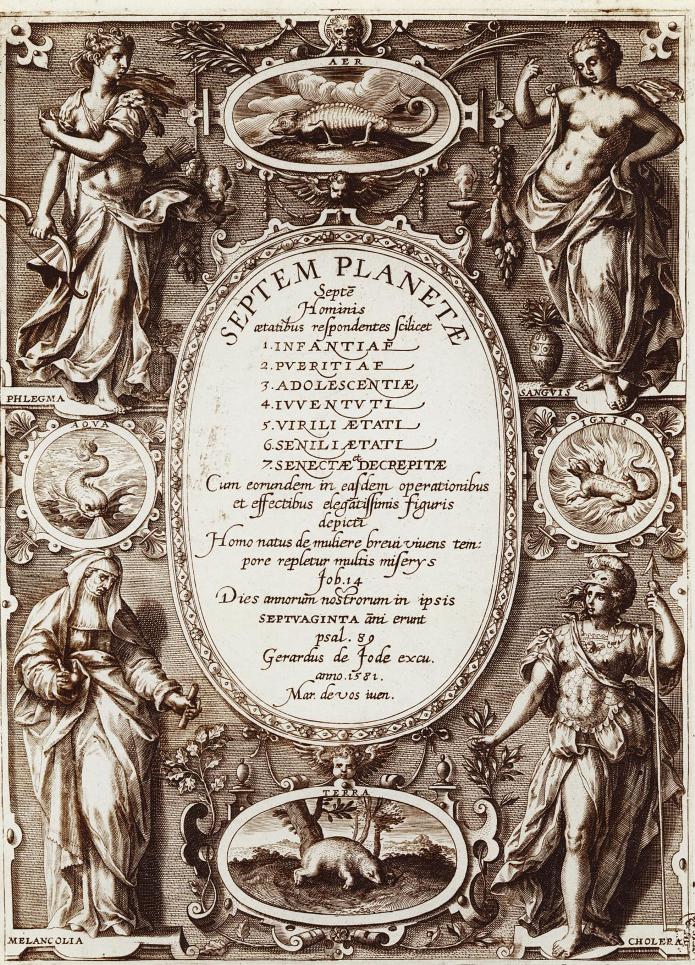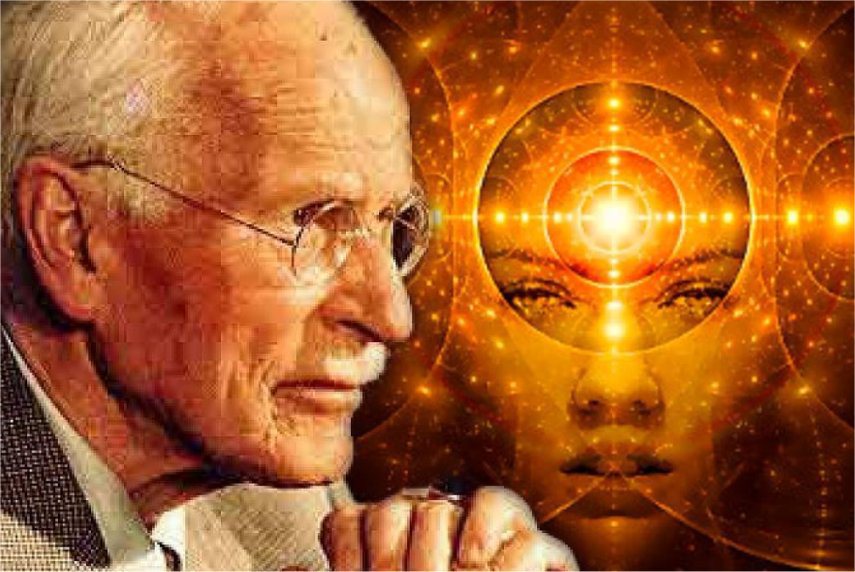Wars were also fought within the groups themselves; one army of gnomes would attack another army, and civil war would be rife among them. Philosophers of long ago solved the problems of Nature’s apparent inconsistencies by individualizing and personifying all its forces, crediting them with having temperaments not unlike the human and then expecting them to exhibit typical human inconsistencies. The four fixed signs of the zodiac were assigned to the four kingdoms of elementals. The gnomes were said to be of the nature of Taurus; the undines, of the nature of Scorpio; the salamanders exemplified the constitution of Leo; while the sylphs manipulated the emanations of Aquarius.
The Christian Church gathered all the elemental entities together under the title of demon. This is a misnomer with far-reaching consequences, for to the average mind the word demon means an evil thing, and the Nature spirits are essentially no more malevolent than are the minerals, plants, and animals. Many of the early Church Fathers asserted that they had met and debated with the elementals.
As already stated, the Nature spirits are without hope of immortality, although some philosophers have maintained that in isolated cases immortality was conferred upon them by adepts and initiates who understood certain subtle principles of the invisible world. As disintegration takes place in the physical world, so it takes place in the ethereal counterpart of physical substance. Under normal conditions at death, a Nature spirit is merely resolved back into the transparent primary essence from which it was originally individualized. Whatever evolutionary growth is made is recorded solely in the consciousness of that primary essence, or element, and not in the temporarily individualized entity of the elemental. Being without man’s compound organism and lacking his spiritual and intellectual vehicles, the Nature spirits are subhuman in their rational intelligence, but from their functions–limited to one element–has resulted a specialized type of intelligence far ahead of man in those lines of research peculiar to the element in which they exist.
The terms incubus and succubus have been applied indiscriminately by the Church Fathers to elementals. The incubus and succubus, however, are evil and unnatural creations, whereas elementals is a collective term for all the inhabitants of the four elemental essences. According to Paracelsus, the incubus and succubus (which are male and female respectively) are parasitical creatures subsisting upon the evil thoughts and emotions of the astral body. These terms are also applied to the superphysical organisms of sorcerers and black magicians. While these larvæ are in no sense imaginary beings, they are, nevertheless, the offspring of the imagination. By the ancient sages they were recognized as the invisible cause of vice because they hover in the ethers surrounding the morally weak and continually incite them to excesses of a degrading nature. For this reason they frequent the atmosphere of the dope den, the dive, and the brothel, where they attach themselves to those unfortunates who have given themselves up to iniquity. By permitting his senses to become deadened through indulgence in habit-forming drugs or alcoholic stimulants, the individual becomes temporarily en rapport with these denizens of the astral plane. The houris seen by the hasheesh or opium addict and the lurid monsters which torment the victim of delirium tremens are examples of submundane beings, visible only to those whose evil practices are the magnet for their attraction.
Differing widely from the elementals and also the incubus and succubus is the vampire, which is defined by Paracelsus as the astral body of a person either living or dead (usually the latter state). The vampire seeks to prolong existence upon the physical plane by robbing the living of their vital energies and misappropriating such energies to its own ends.
In his De Ente Spirituali Paracelsus writes thus of these malignant beings: “A healthy and pure person cannot become obsessed by them, because such Larvæ can only act upon men if the later make room for them in their minds. A healthy mind is a castle that cannot be invaded without the will of its master; but if they are allowed to enter, they excite the passions of men and women, they create cravings in them, they produce bad thoughts which act injuriously upon the brain; they sharpen the animal intellect and suffocate the moral sense. Evil spirits obsess only those human beings in whom the animal nature is predominating. Minds that are illuminated by the spirit of truth cannot be possessed; only those who are habitually guided by their own lower impulses may become subjected to their influences.” (See Paracelsus, by Franz Hartmann.)

Moe is the founder of GnosticWarrior.com. He is a father, husband, author, martial arts black belt, and an expert in Gnosticism, the occult, and esotericism.



